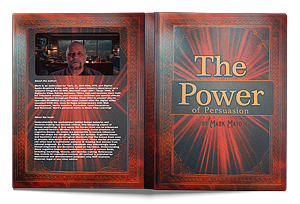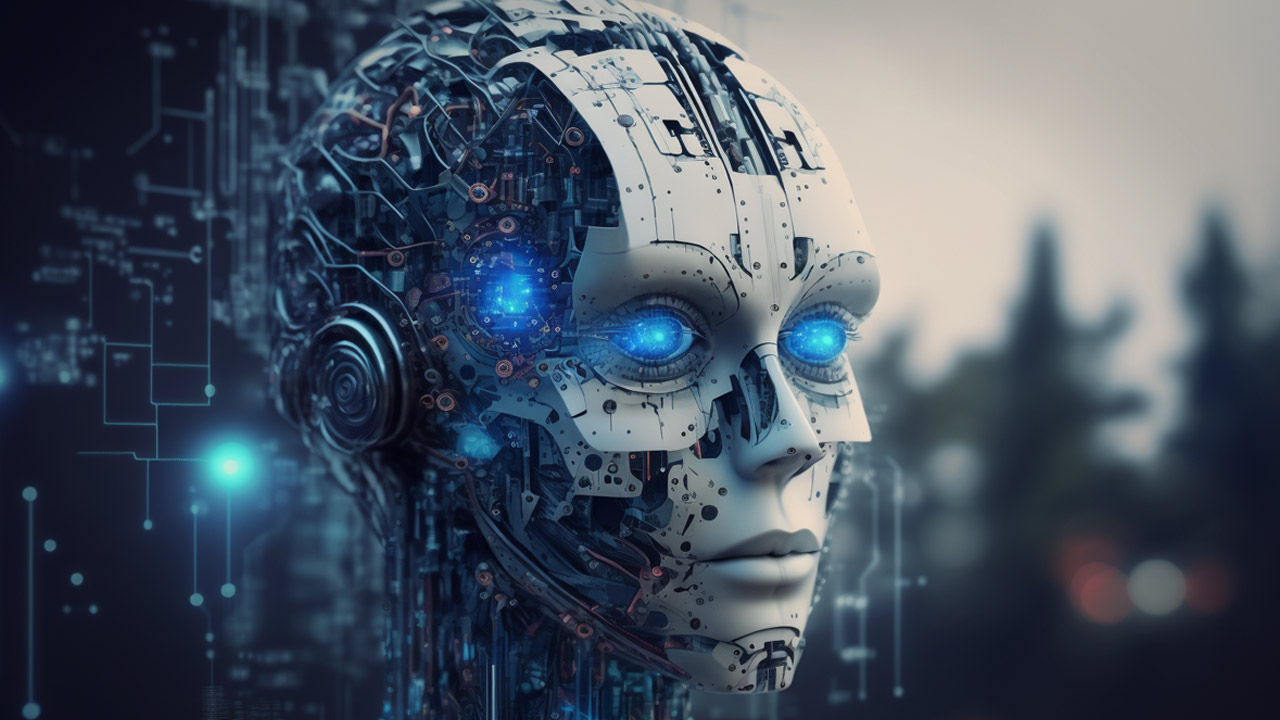Introduction
The digital marketing landscape has experienced significant changes over the past few years, with emerging technologies continuously shaping the way businesses reach and engage with their target audiences. Among these groundbreaking innovations, Artificial Intelligence (AI) stands out as a disruptive force that is redefining marketing strategies and operations. AI’s impact on digital marketing extends far beyond automation and efficiency, offering unprecedented opportunities for businesses to deliver personalized experiences, make data-driven decisions, and foster meaningful customer relationships. This article delves into the transformative role of AI in digital marketing, examining key areas where this technology is disrupting traditional practices, including personalized marketing, predictive analytics, conversational marketing, and content generation and optimization. By providing a comprehensive overview of these developments, we aim to offer insights into the future of digital marketing and the implications of AI-driven innovations for businesses and marketers alike.
Key Ideas
Artificial Intelligence is transforming digital marketing by enabling personalization, data-driven decision-making, enhanced customer engagement, and content optimization. Businesses that embrace AI-driven tools and strategies will thrive in a more efficient, effective, and customer-centric marketing landscape.
Ok, let’s get to it
1. Personalized Marketing
AI algorithms are enabling marketers to deliver personalized content to consumers, tailoring messaging and offers based on individual preferences and behaviors (Accenture, 2016). AI-driven personalization has proven to be more effective in capturing consumer attention and driving conversions compared to traditional, one-size-fits-all approaches (McKinsey, 2019).
Sources:
- Accenture. (2016). Personalization Pulse Check. Retrieved from https://www.accenture.com/_acnmedia/PDF-33/Accenture-Personalization-Pulse-Check.pdf
- McKinsey. (2019). The ultimate marketing machine. Retrieved from https://www.mckinsey.com/business-functions/marketing-and-sales/our-insights/the-ultimate-marketing-machine
2. Predictive Analytics
Predictive analytics, powered by AI, is helping marketers anticipate consumer behavior and trends, enabling more informed decision-making (Forbes, 2018). By analyzing vast amounts of data, AI can identify patterns and predict future outcomes, allowing marketers to optimize campaigns and better allocate resources (IBM, 2021).
Sources:
- Forbes. (2018). How AI Is Revolutionizing Digital Marketing. Retrieved from https://www.forbes.com/sites/forbesagencycouncil/2018/11/29/how-ai-is-revolutionizing-digital-marketing/
- IBM. (2021). Predictive analytics for marketing. Retrieved from https://www.ibm.com/analytics/predictive-analytics-for-marketing
3. Chatbots and Conversational Marketing
AI-powered chatbots are transforming the way businesses interact with customers by providing instant, personalized responses (Gartner, 2021). This not only improves customer service but also generates valuable data for marketing purposes, allowing companies to optimize their strategies based on real-time customer feedback (Oracle, 2020).
Sources:
- Gartner. (2021). AI-Powered Chatbots Accelerate Customer Service. Retrieved from https://www.gartner.com/en/documents/3993622/ai-powered-chatbots-accelerate-customer-service
- Oracle. (2020). The Future of CX with Chatbots. Retrieved from https://www.oracle.com/a/ocom/docs/dc/em/ea/chatbots-cx-future.pdf
4. Content Generation and Optimization
AI-driven content generation tools, such as GPT-based models, are disrupting traditional content creation processes by automating the production of high-quality content (OpenAI, 2021). Additionally, AI can analyze and optimize existing content, ensuring that it is engaging, relevant, and effective in achieving marketing goals (HubSpot, 2020).
Sources:
-
- OpenAI. (2021). Introducing GPT-3. Retrieved from https://openai.com/blog/openai-api/
- HubSpot. (2020). AI in Content Marketing. Retrieved from https://www.hubspot.com/resources/content-marketing-ai
Biggest Takeaways
Artificial Intelligence is a disruptive force in the digital marketing industry, revolutionizing key areas such as personalized marketing, predictive analytics, conversational marketing, and content generation and optimization. By leveraging AI-driven tools and strategies, businesses can deliver highly tailored experiences, make data-driven decisions, and optimize resources, ultimately leading to increased revenue and customer satisfaction. As AI continues to reshape the digital marketing landscape, businesses and marketers must adapt and evolve to stay competitive, addressing ethical concerns and challenges along the way to ensure responsible and beneficial use of AI. Embracing AI’s potential in digital marketing paves the way for a more efficient, effective, and customer-centric future, fostering stronger connections between businesses and their target audiences.
Final Thoughts
The integration of Artificial Intelligence into digital marketing is ushering in a new era of innovation and growth. By revolutionizing key areas such as personalized marketing, predictive analytics, conversational marketing, and content generation and optimization, AI is empowering businesses to better understand their customers and provide highly tailored experiences. As a result, marketers can make more informed decisions, optimize resources, and ultimately drive increased revenue and customer satisfaction.
The rapid evolution of AI technologies, coupled with their increasing accessibility, signifies a paradigm shift in the digital marketing industry. As businesses of all sizes embrace these AI-driven tools and strategies, marketers must adapt and evolve to stay competitive and capitalize on the opportunities presented by this disruptive technology. Furthermore, the increasing reliance on AI raises ethical concerns and challenges that must be addressed, such as data privacy and algorithmic bias, to ensure that the use of AI in digital marketing remains responsible and beneficial for all stakeholders.
Ultimately, the integration of AI into digital marketing promises a more efficient, effective, and customer-centric future, fostering stronger connections between businesses and their target audiences. As we continue to witness the transformative impact of AI on the digital marketing landscape, businesses and marketers must stay abreast of these developments to thrive in the ever-evolving world of marketing.










